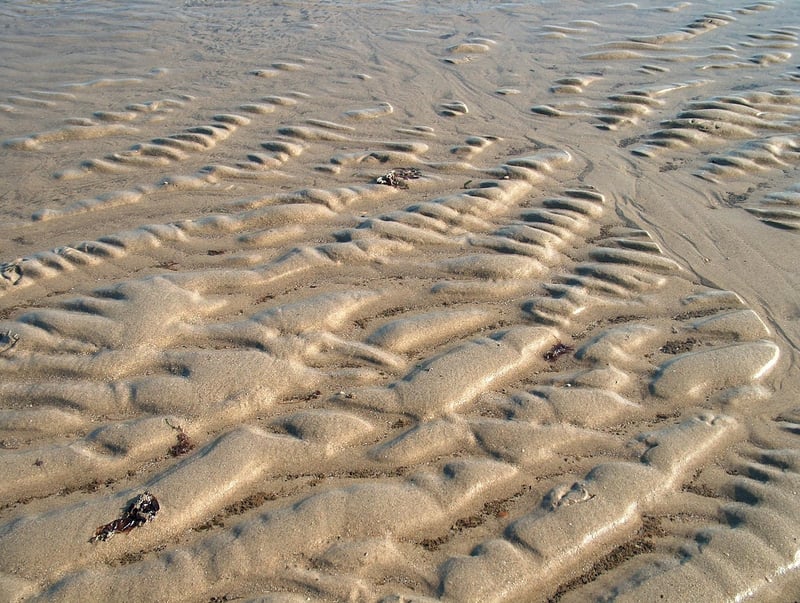Moisture Control Methods
Water Management in Vertical Gardens
Vertical gardens are a popular choice for urban spaces and indoor environments, providing a green oasis while maximizing space. Proper water management is crucial for the health and longevity of plants in vertical gardens. In this article, we will explore effective moisture control methods to ensure the success of your vertical garden.
1. Choose the Right Soil Mix
Start by selecting a well-draining soil mix specifically designed for vertical gardening. A lightweight mix that retains moisture without becoming waterlogged is ideal. This will help prevent root rot and ensure adequate aeration for plant roots.
2. Install a Drip Irrigation System
A drip irrigation system is a convenient way to deliver water directly to the roots of plants in a vertical garden. It ensures efficient water distribution and minimizes wastage. Consider setting up a timer to automate watering intervals based on your plants' needs.

3. Use Moisture Control Matting
Moisture control matting placed behind the vertical garden modules can help regulate water distribution and prevent excess moisture buildup. These mats aid in maintaining optimal soil moisture levels for plant growth.
4. Incorporate Self-Watering Planters
Self-watering planters are a practical solution for vertical gardens, especially for busy individuals. These planters have a reservoir that allows plants to draw water as needed, reducing the frequency of manual watering.

5. Monitor Moisture Levels
Regularly check the moisture levels in your vertical garden to ensure plants are receiving adequate water. Invest in a moisture meter to accurately gauge soil moisture and adjust your watering schedule accordingly.
6. Provide Proper Drainage
Ensure proper drainage in your vertical garden to prevent waterlogging. Incorporate drainage holes in planters or use a layer of gravel at the bottom of each module to promote water flow and prevent root suffocation.
Conclusion
Effective water management is essential for the success of vertical gardens. By implementing these moisture control methods, you can create a thriving vertical garden that enhances the beauty of your space while promoting plant health and growth.
Remember to tailor your watering strategy to the specific needs of your plants and monitor their growth closely to make any necessary adjustments.
